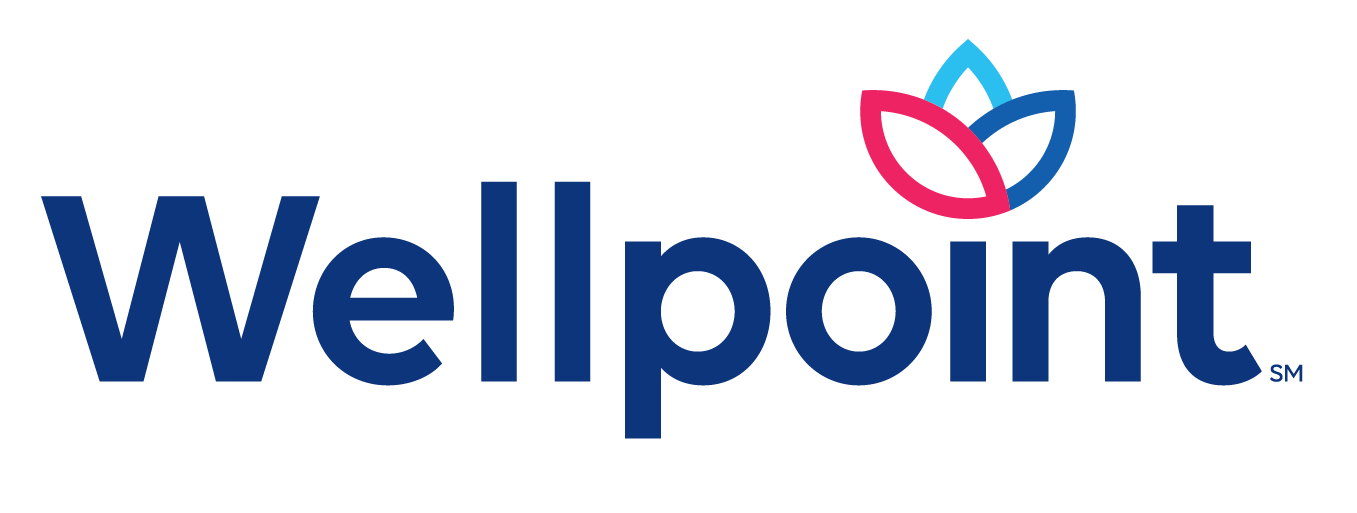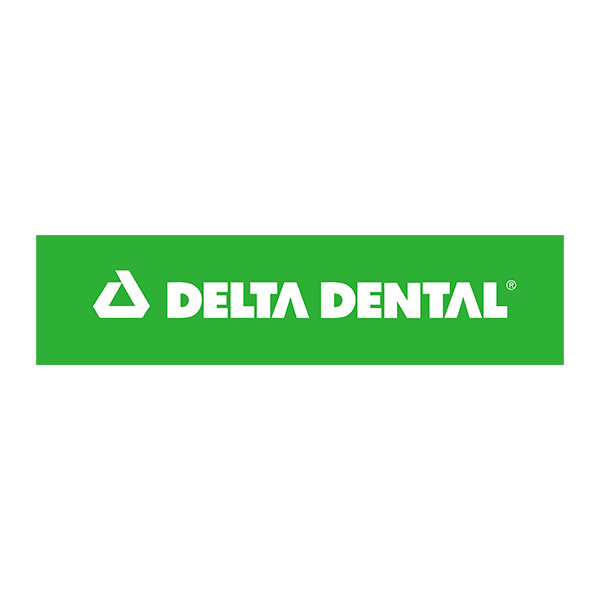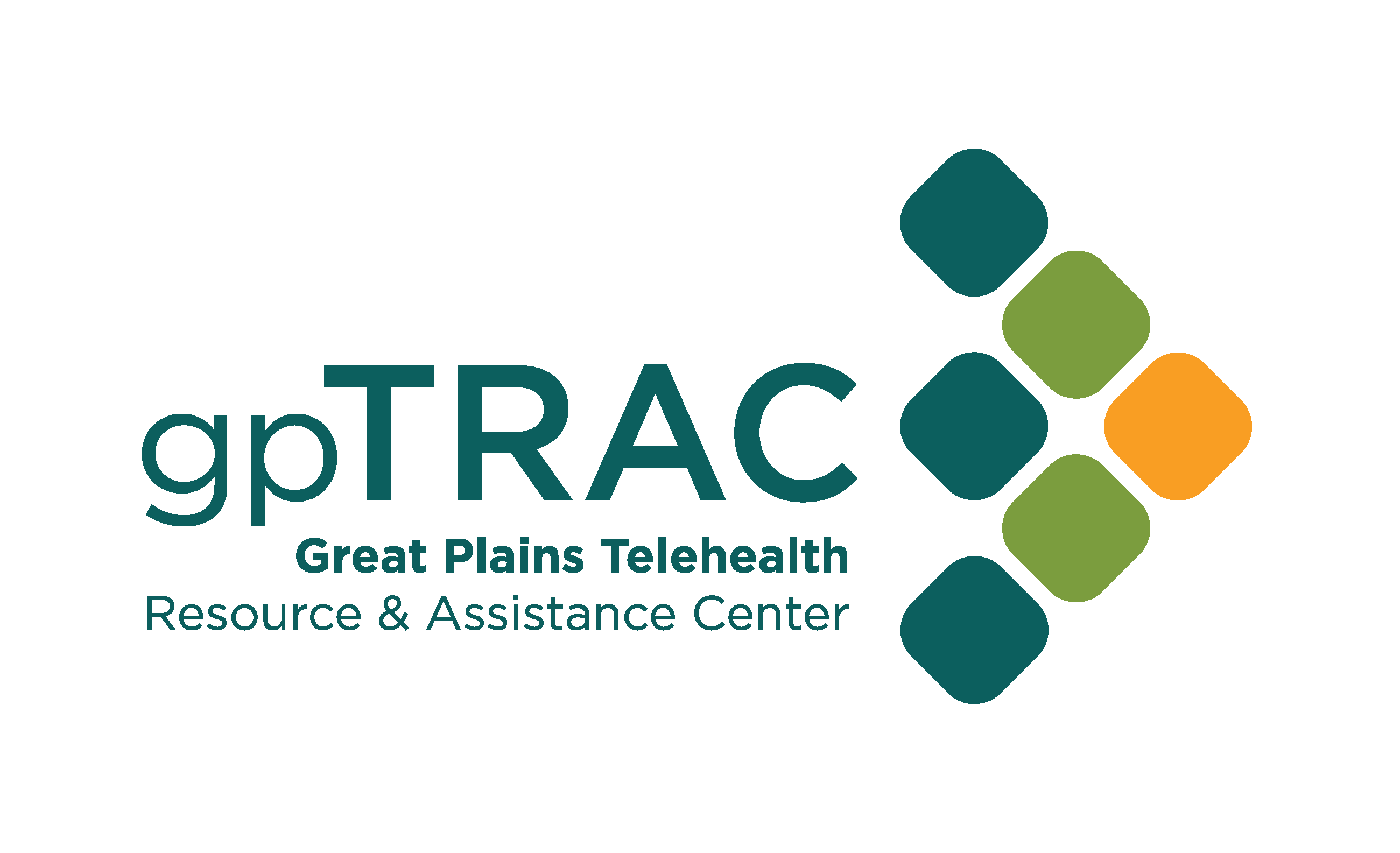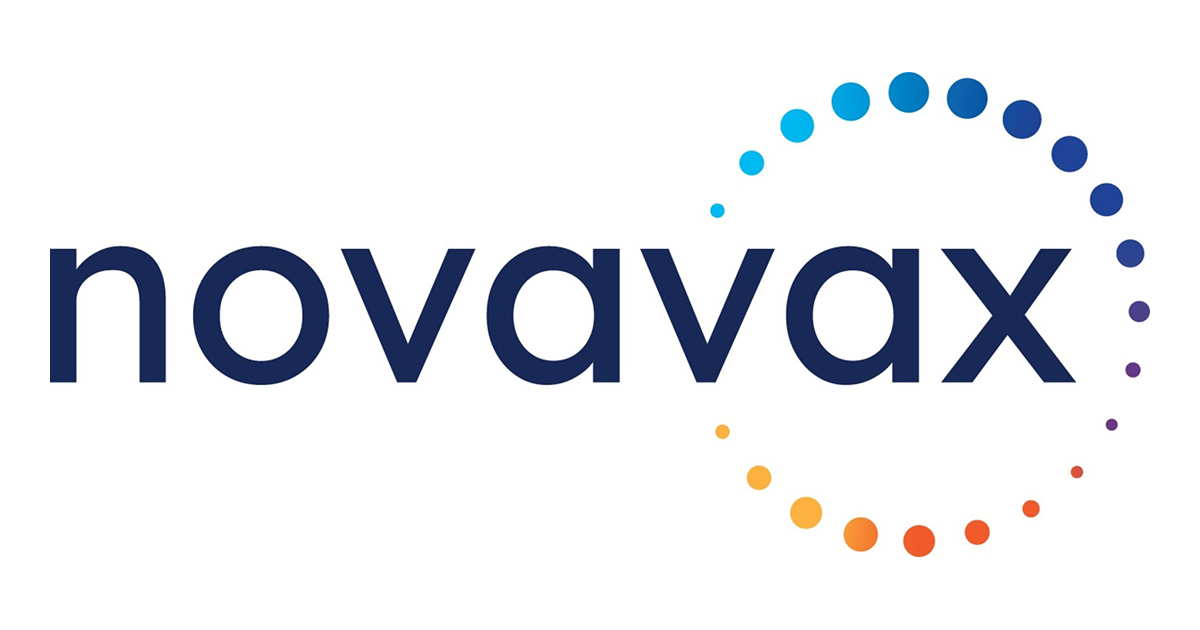For HCV, the recommendation is that all individuals born between 1945 – 1965 be screened at least once in their lifetime regardless of risk factors. According to the Center for Disease Control and Prevention (CDC), between 45%-85% of people who have HCV are undiagnosed in part because access to screenings isn’t always available. In 2017 alone, 2,201 Iowans were diagnosed with HCV, a small fraction of the existing 25,789 Iowans that have reported their HCV diagnosis to the Iowa Department of Public Health (IDPH). If these numbers are consistent with the estimates by the CDC, there are potentially thousands of Iowans that remain undiagnosed and do not know they have HCV.
As one of the ten health centers participating in the routine screening project, Community Health Center of Southeastern Iowa (CHC/SEIA) newly diagnosed 26 patients with Hepatitis C within the first year of implementing routine HCV screenings at their clinics. CHC/SEIA identified a problem many Iowans are facing that didn’t have an immediate solution – even though HCV is curable, access to treatment is limited for many Iowans, especially uninsured or those covered by Medicaid. Medicaid currently requires specialists to prescribe HCV treatment, even though the medications can be prescribed, and care monitored by a primary care physician like those at CHC/SEIA. For several reasons such as the costs of treatment or the limited access to specialists in this area, this isn’t an option for many patients who consider community health centers their primary care providers.
CHC/SEIA wanted to reduce barriers to curing HCV among their patients and reached out to Iowa PCA for assistance.
The first barrier for CHC/SEIA was finding a specialist to offer training to providers on site so primary care providers (PCPs) could begin treating their own HCV patients. Due to the established relationships between IDPH and University of Iowa hepatologists, Dr. Douglas LaBrecque and Dr. Michael Voigt agreed to provide HCV training to health center providers as well as provide case consultation regarding care plans for CHC/SEIA’s HCV patients all pro bono. Dr. LaBrecque sums it up best by repeatedly saying he is tired of treating liver cancer (which is caused by HCV) and watching people die from a disease that is completely curable if diagnosed and treated properly.
The second barrier was figuring out how to provide prescription drugs to patients who have HCV. Because these prescriptions would normally have to come from a specialist under the current Medicaid system and uninsured patients could not afford the medications, alternatives were needed for CHC/SEIA to help ensure their patients had access to HCV treatment medications. Enter Walgreens Specialty Pharmacy. CHC/SEIA was able to partner with Walgreens Specialty Pharmacy to gain access to HCV medications through prior authorizations and patient assistance programs that are not widely known to patients or providers. CHC/SEIA was also able to receive Medicaid approval for HCV medications by submitting the memorandum of agreement showing the partnership and oversight from UIHC as well as research indicating HCV medications can and should be prescribed by PCPs.
Thanks to the collaborative efforts of IDPH, Iowa PCA, CHCSEIA, UIHC, Dr. LaBrecque, and Walgreens Specialty Pharmacy, six CHC/SEIA patients have successfully been treated for HCV. Currently, eight of Iowa’s community health centers perform routine HCV screenings.
Routine screenings can lead to one of three possible outcomes that we record to use for data comparisons. The first outcome is a negative testing, meaning there is no trace of the Hepatitis C virus in the patient’s body. The second is called AB (Antibody)+, meaning the HCV virus is present in the patient’s body but it has not reached the point of an active infection. In these cases, the antibody can clear the infection on its own, but it is still detected in the patient’s system. The third outcome would be a positive test for an active HIV infection that requires treatment. At the eight community health centers that perform screenings, a total of 1,211 screenings have led to the discovery of 46 patients testing positive for HCV this year according to our data as of June 2018. Each year since 2015, the number of tests, positive antibody detections, and positive active infection diagnoses have gone up at our community health centers in Iowa. With about a third of the year remaining in 2018, the numbers in all three categories are projected to continue the upward trend as well. It is important this trend continues due to the unknown number of Iowans living with HCV who are undiagnosed according to the CDC projections listed above. If patients who are undiagnosed go without treatment their risk of developing other harmful health issues, such as liver cancer, fibrosis, or cirrhosis, increases.
With the goal being to treat patients with HCV in-house at all community health centers in Iowa, the collaboration between all of the involved entities has made substantial progress in this direction by facilitating the resources each institution has to offer. Iowa PCA staff members, Julie Baker and Kurt Burke, have done a lot of work assisting providers with trainings for Hep C screenings at community health centers. They have also helped facilitate the conversations between CHC/SEIA, the University of Iowa, and Walgreens to put this project in motion. The Iowa PCA is very proud of the work Julie and Kurt have done, as well as everyone on staff at our community health centers involved in the HCV routine screenings. We look forward to seeing this project grow and reach its goals to treat as many patients as we can in the communities we serve!


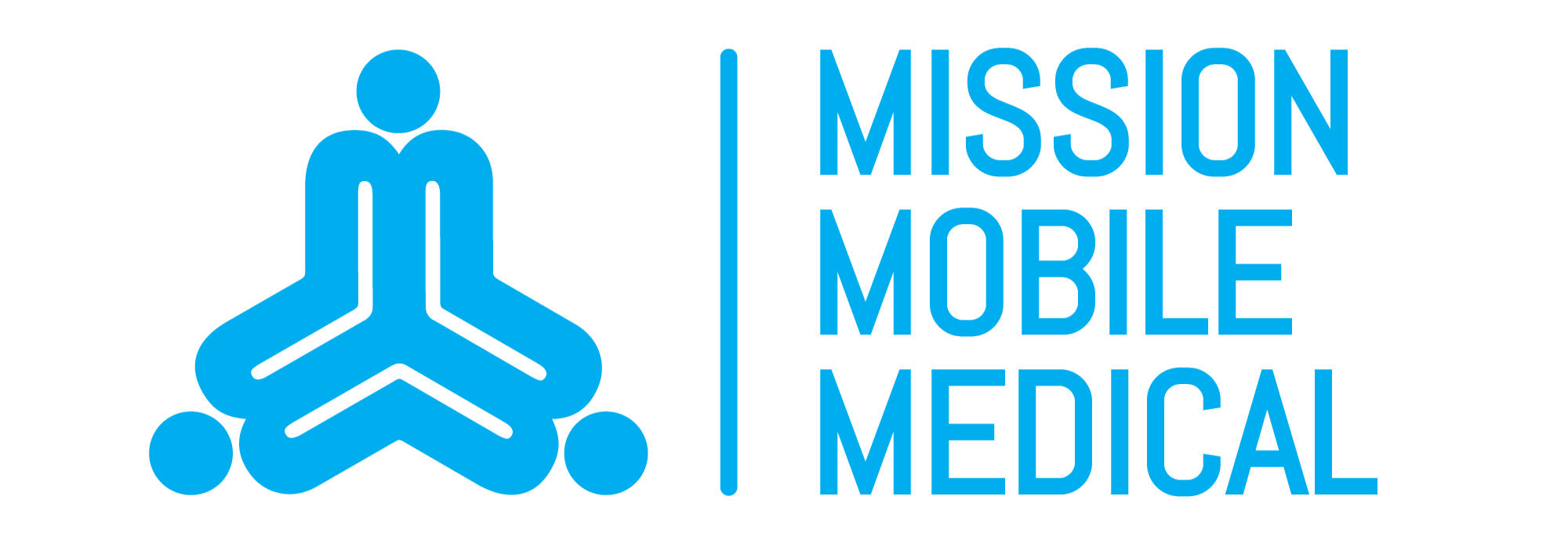

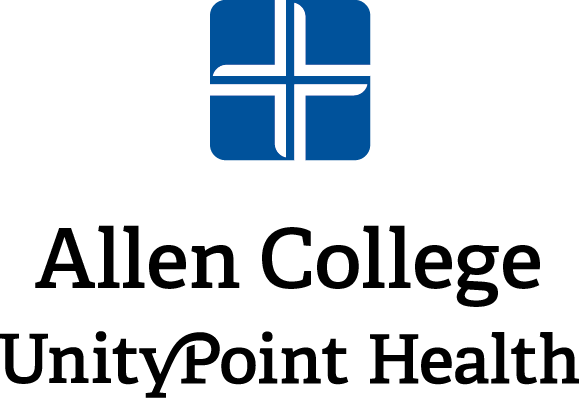






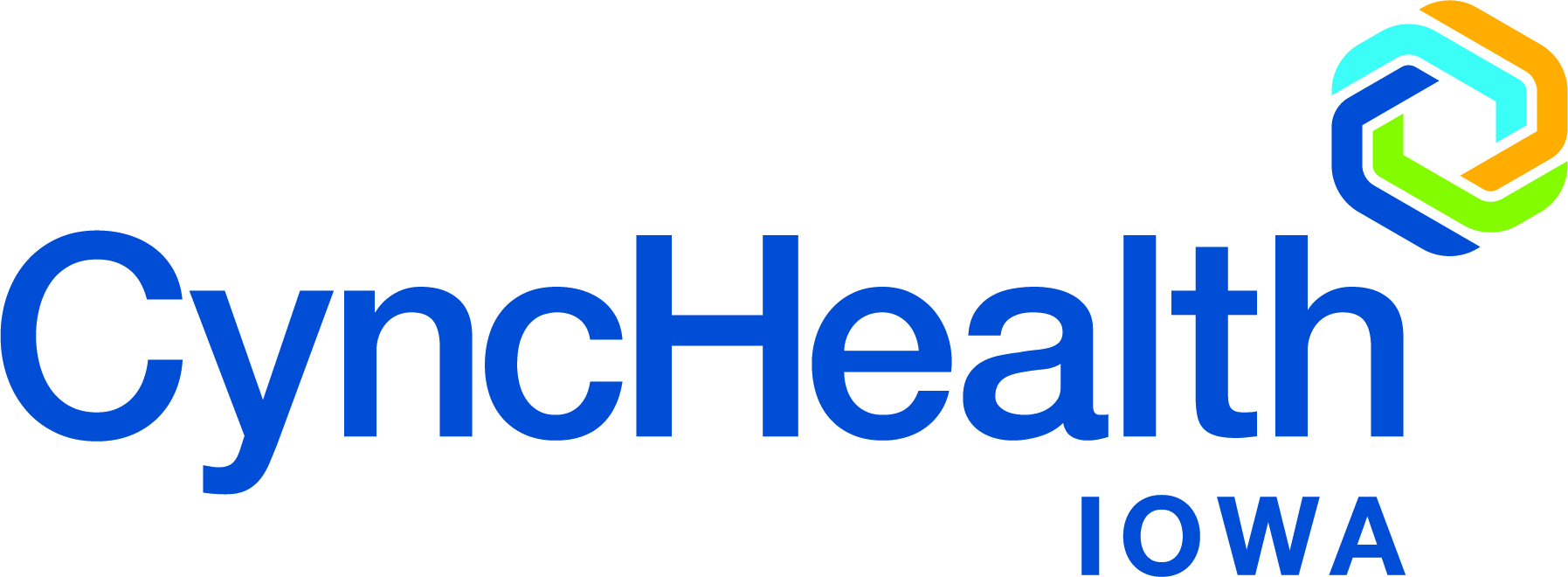

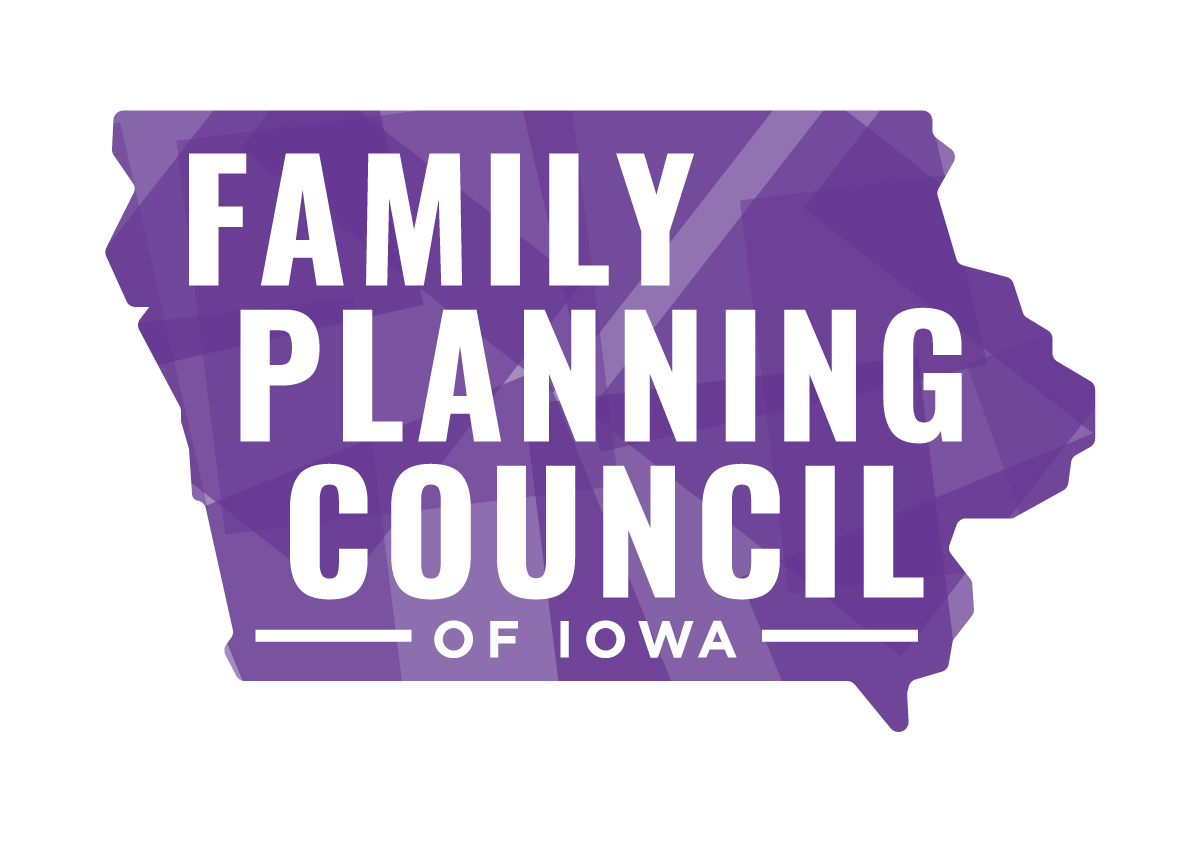




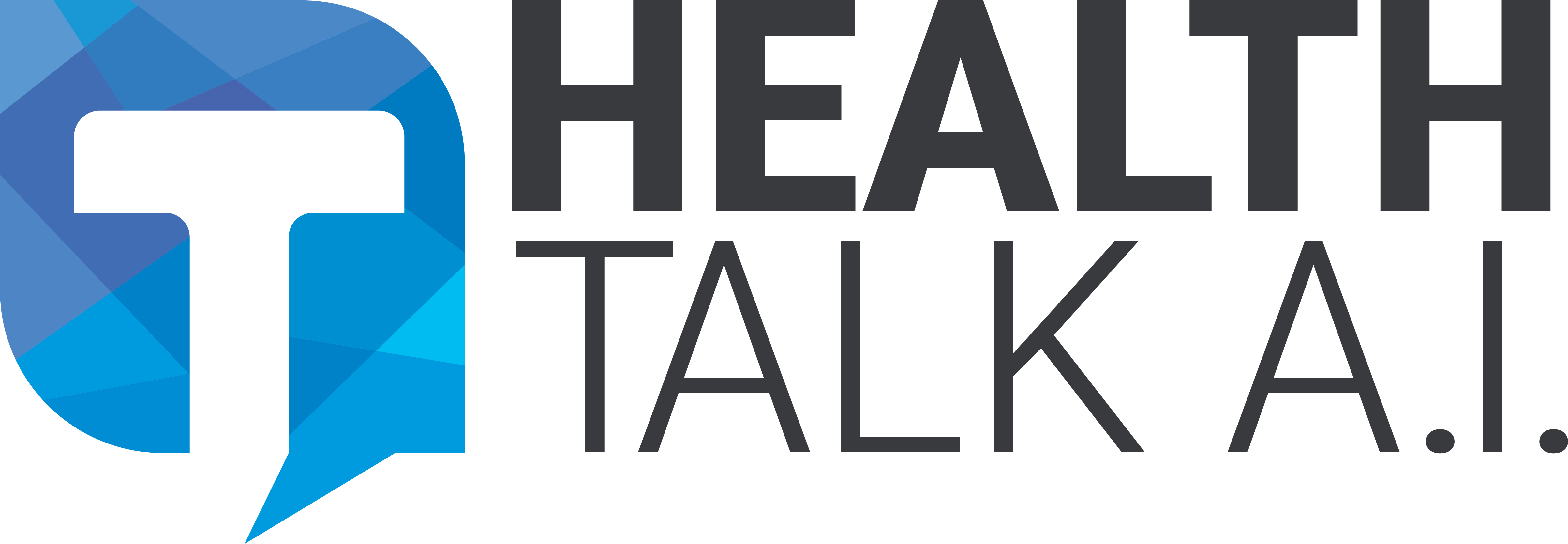
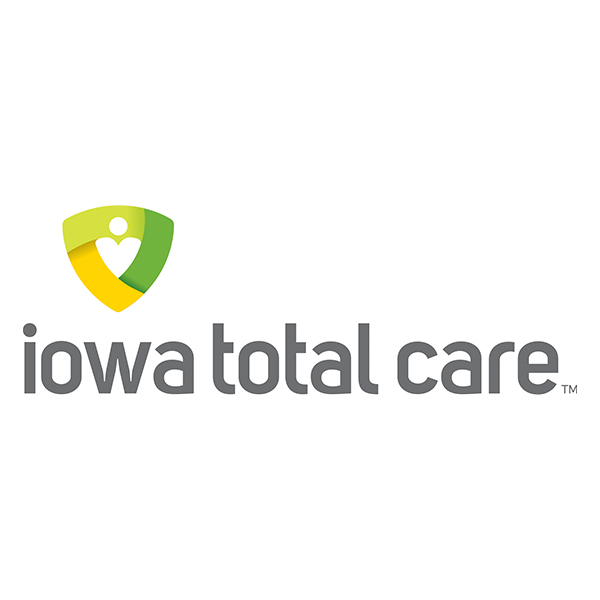




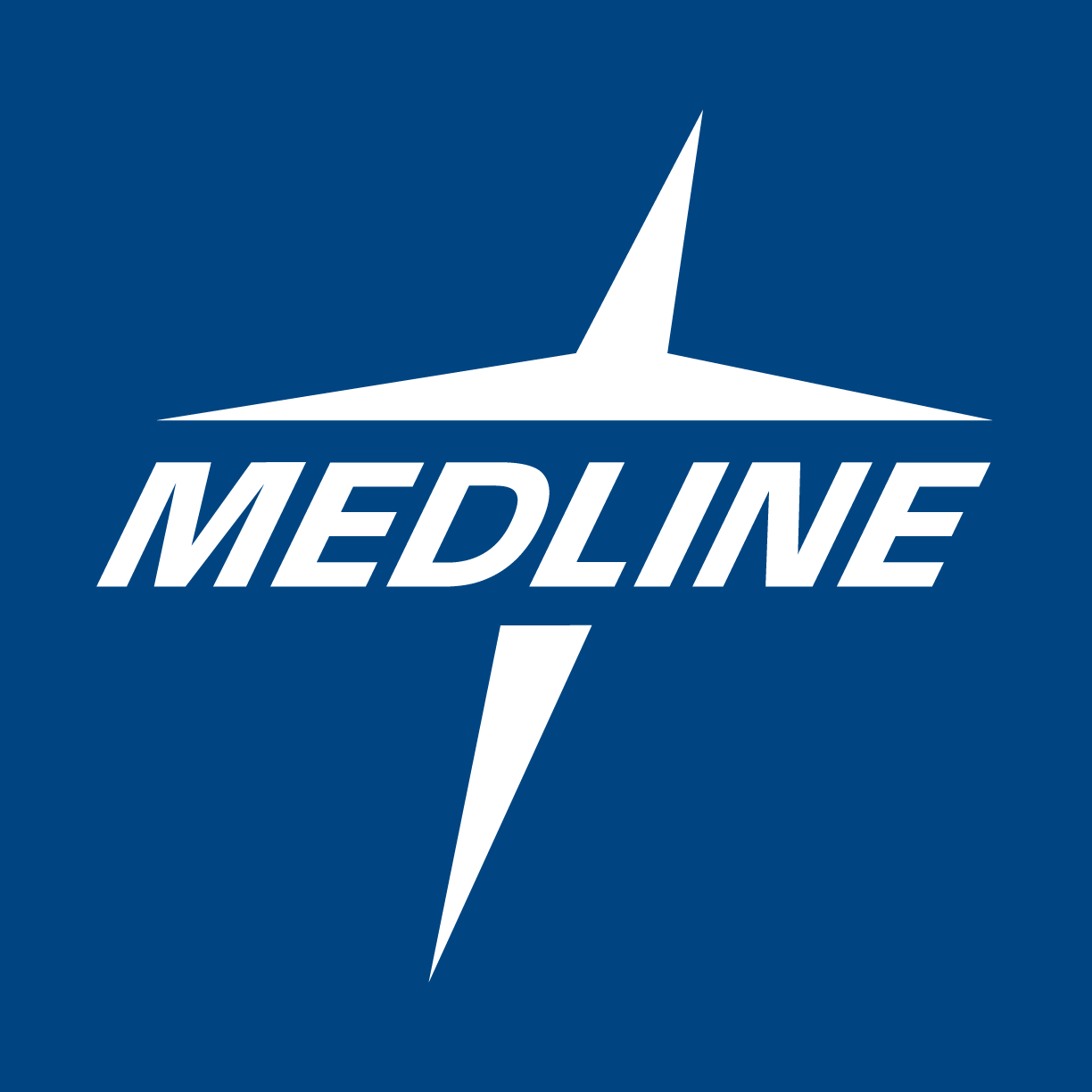


.png)







